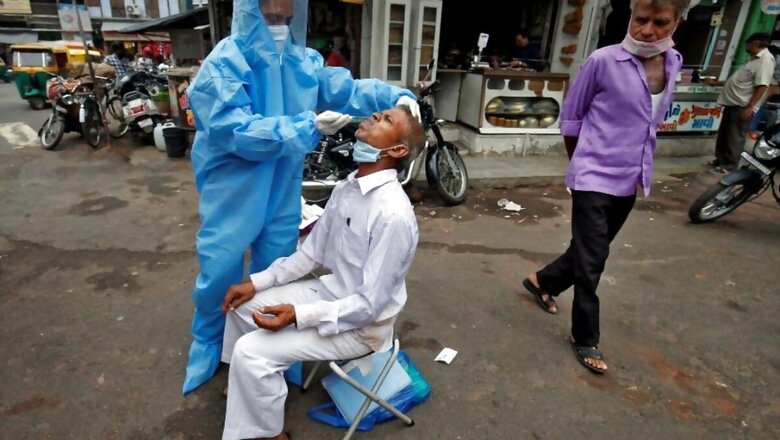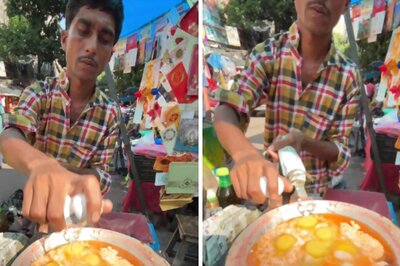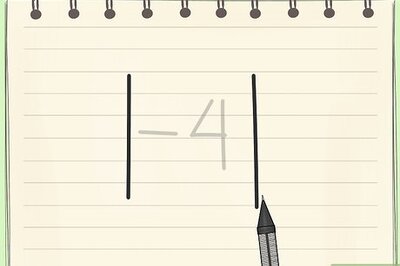
views
A study analysing coronavirus reinfections and what they mean for the future course of action, published in the British Journal The Lancet, has indicated that Covid-19 reinfection is a possibility and that upon relapse, the symptoms are more severe.
“A 25-year-old man from the US state of Nevada, who had no known immune disorders, had PCR-confirmed SARS-CoV-2 infection in April 2020” reads the report. It added that the man recovered in quarantine, testing negative by RT-PCR at two consecutive time points thereafter. “However, 48 days after the initial test, the patient tested positive again by RT-PCR,” it said.
The report said that SARS-CoV-2 reinfection is more severe than the first infection, requiring oxygen support and hospitalisation. “The patient had positive antibodies after the reinfection, but whether he had pre-existing antibodies after the first infection is unknown,” the report added.
It further said that “reinfection cases tell us that we cannot rely on immunity acquired by natural infection to confer herd immunity; not only is this strategy lethal for many but also it is not effective.” It states that herd immunity requires safe and effective vaccines and robust vaccination implementation.
The paper noted four other cases of reinfection confirmed globally, with one patient each in Belgium, the Netherlands, Hong Kong, and Ecuador.
“Reinfection with SARS-CoV-2 is a rare event. So far, it is reported in only four individuals worldwide out of millions of confirmed cases. It means that a subgroup of people with previous exposure to SARS-CoV-2 may not necessarily develop immunity. Detailed characterization of this subgroup is necessary to understand the implications on vaccine development and implementation. It is possible that the people in this group may not have developed appropriate and complete immunity response. Only more Studies can help us to be better informed” says Professor Giridhar Babu, an epidemiologist.
In India, the government has confirmed two cases of reinfection, one each in Mumbai and Ahmedabad. The government, quoting the World Health Organization (WHO), said that there are two dozen cases of reinfection in the world.
“Whether it is 90 days or 100 days is still not decided by even WHO”, says Professor Balram Bharagava, DG- ICMR while adding that India is “taking the cut-off of about 100 days if the re-infection occurs.”
“If we are seeing reinfections and within a few weeks of the first infection, it certainly raises questions about how long is the immunity for. If this is the case, it shows that immunity is not long-lasting. Maybe, only a few weeks, or lesser,” says Professor Anant Bhan, Researcher, Bioethics.”
“A vaccine may then be our main strategy than to achieve herd immunity given that our natural immunity may not be giving us protection” he adds.
Experts say that this development will also have a bearing on the number of vaccine doses we need for longer immunity in a way that the efficacy of the vaccine is not lost.
Read all the Latest News and Breaking News here
















Comments
0 comment